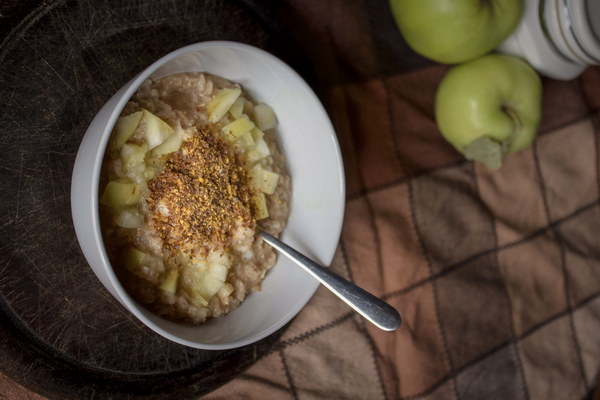Boost Your Liver and Lungs Discover the Best Teas for Womens Health
In today's fast-paced world, women often juggle multiple responsibilities, which can take a toll on their health. One of the simplest ways to maintain a healthy lifestyle is by incorporating the right teas into your daily routine. Tea not only tastes great but also offers numerous health benefits. Specifically, certain teas are known for their ability to nourish the liver and lungs. Let's explore the best teas for women's health and how they can help in keeping these vital organs in top condition.
1. Green Tea
As a popular choice among tea enthusiasts, green tea is renowned for its high content of antioxidants, including epigallocatechin gallate (EGCG), which is believed to have numerous health benefits. Green tea has been found to support liver health by aiding in the detoxification process and promoting the growth of new liver cells. Additionally, it helps in reducing inflammation and oxidative stress, which are both detrimental to lung health.
To enjoy the benefits of green tea, drink it several times a day. You can prepare it by steeping a teaspoon of loose-leaf green tea in hot water for about three to five minutes. For an added twist, infuse your green tea with a slice of lemon or a few fresh mint leaves.
2. Pu-erh Tea
Pu-erh tea is a unique type of tea that originates from China. It is a fermented tea, which means it undergoes a natural fermentation process that gives it a rich, earthy flavor. Pu-erh tea is known for its ability to improve digestion and promote liver health. The tea's active compounds help in breaking down fats and reducing cholesterol levels, which can contribute to a healthier liver.
To enjoy Pu-erh tea, steep a teaspoon of loose-leaf tea in hot water for about 3-5 minutes. This tea can be consumed multiple times a day, and its flavor can be enhanced by adding a touch of honey or ginger.
3. White Tea

White tea is a delicate and minimally processed tea that comes from the youngest leaves and buds of the tea plant. It contains a high concentration of antioxidants and is known for its ability to boost the immune system. White tea has been found to improve liver function by protecting the liver from toxins and reducing oxidative stress. Furthermore, it helps in clearing mucus from the lungs and alleviating respiratory conditions.
To prepare white tea, steep a teaspoon of loose-leaf tea in hot water for about three to five minutes. Add a slice of lemon or a few fresh mint leaves for an extra refreshing taste.
4. Chrysanthemum Tea
Chrysanthemum tea is a traditional herbal tea that has been used for centuries in Chinese medicine. This tea is made from the dried petals of the chrysanthemum flower and is known for its cooling properties. Chrysanthemum tea is particularly beneficial for the liver and lungs, as it helps in reducing inflammation and alleviating respiratory issues. It also supports the detoxification process, making it an excellent choice for women looking to maintain a healthy liver.
To prepare chrysanthemum tea, steep a teaspoon of dried petals in hot water for about three to five minutes. You can enjoy this tea hot or cold, and it pairs well with a slice of lemon or a few fresh mint leaves.
5. Peppermint Tea
Peppermint tea is a refreshing and aromatic herbal tea that can help in soothing the respiratory system and reducing inflammation. It is known for its ability to alleviate symptoms of respiratory conditions, such as bronchitis and asthma. Peppermint tea also supports liver health by promoting the flow of bile, which aids in the digestion of fats and the removal of toxins.
To enjoy peppermint tea, steep a teaspoon of dried peppermint leaves in hot water for about three to five minutes. For added flavor, you can add a touch of honey or lemon.
In conclusion, incorporating these five teas into your daily routine can provide numerous health benefits, particularly for the liver and lungs. By choosing the right tea for your needs, you can enjoy a refreshing beverage that supports your overall well-being. Remember to consult with a healthcare professional before making any significant changes to your diet or lifestyle.









